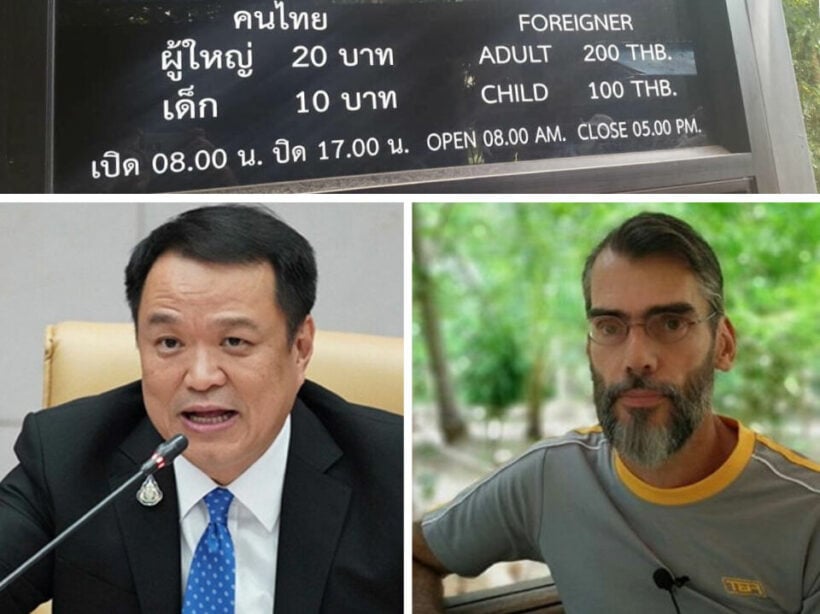Court rules for Health Ministry, calls dual pricing beneficial

In a closely-followed court case, the Administrative Court in Phetchaburi ruled that multi-tiered “dual pricing” in Thai hospitals are not discriminatory as they benefit Thailand, according to the media outlet Coconuts Bangkok. Ewrin Buse, who sued the Ministry of Public Health after discovering he was being charged more for his cancer treatment as a foreigner, vowed to appeal the decision.
Erwin said the court took the Ministry at its word instead of fact-checking statements and that a recent change in how the Ministry defines labour costs allowed it to justify the dual pricing retroactively. The ruling seemed to be based solely on the assumption that foreigners have and earn more money, so they can afford to pay more which benefits the Thai economy.
“The pricing was set on an appropriate basis of socioeconomic status, and it benefits Thailand, so it therefore doesn’t count as discrimination.”
The Thai constitution guarantees equal protection which Erwin claims dual pricing violates, and the Ministry’s own regulations say that hospital pricing should be based on the actual cost of treatment. But in September 2019, public hospitals launched new rules with a 4-tier pricing system based on legal status within Thailand. The lowest prices were charged for citizens of Thailand and prices might be the same or slightly higher for those who come from other ASEAN or neighbouring countries.
Fees start to climb significantly at the third tier for people on non-immigrant visas like working foreigners and expats and costs often skyrocket for the fourth tier which includes international tourists and those who are retired in Thailand. The case cited example dual pricing for antibody screening where the first two tiers pay 130 baht and the expat tier pay 190 baht, but the fourth tier for tourists and retirees pay double the original price. For larger treatments and operations, the difference can be massive. For example, a spinal MRI cost a Thai person 18,700 baht while a tourist will pay nearly 10,000 baht more at 28,050 baht.
Ewrin’s lawsuit is seeking to abolish the dual pricing multi-tier structures and revert back to the plans that had been used from 2004 to 2019 with unified pricing structures.
SOURCE: Coconuts
Latest Thailand News
Follow The Thaiger on Google News:


























